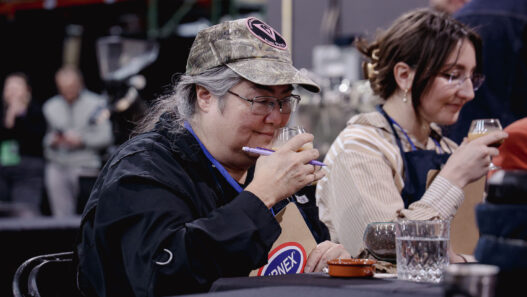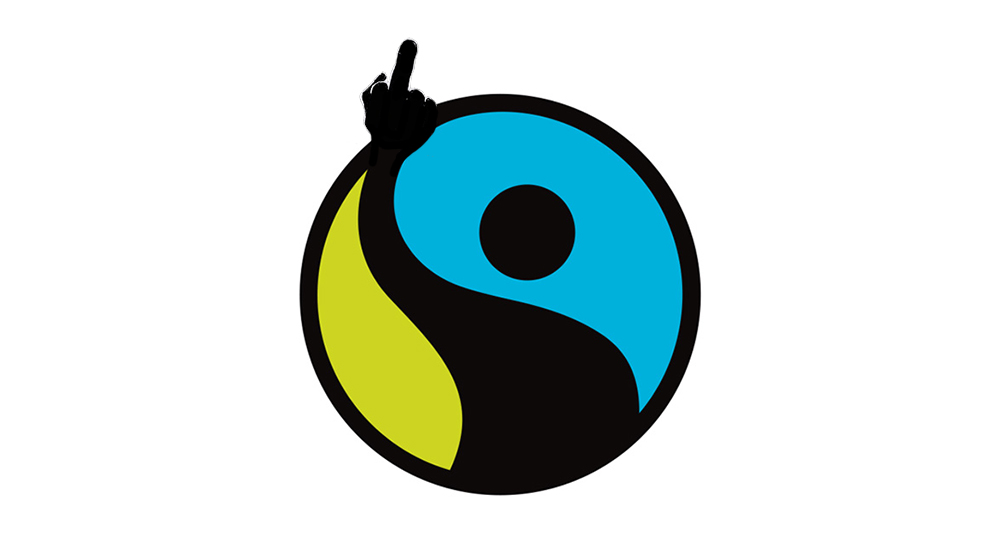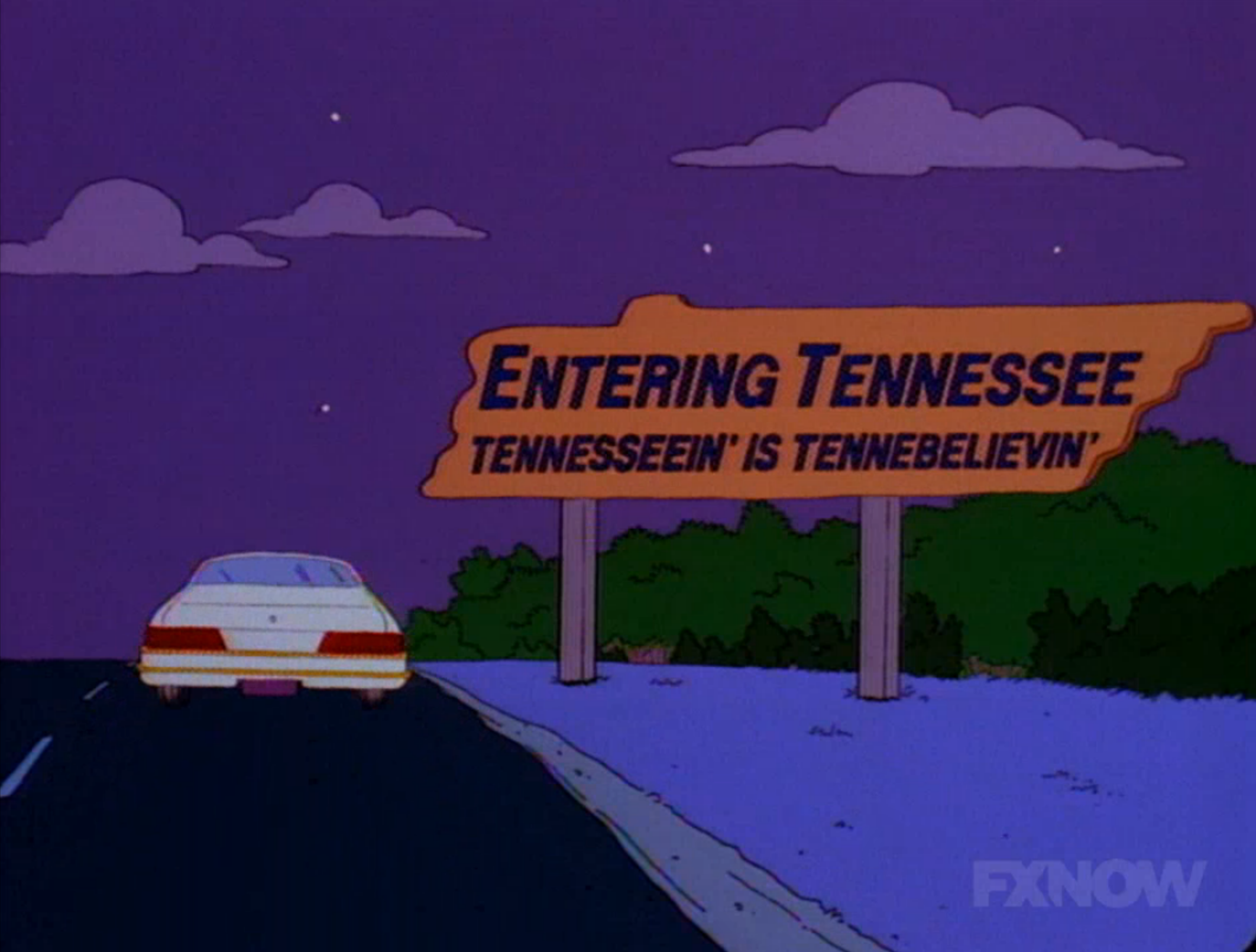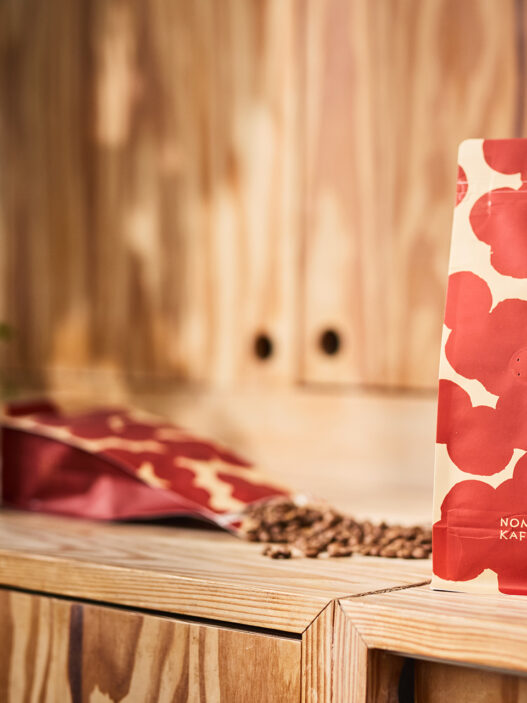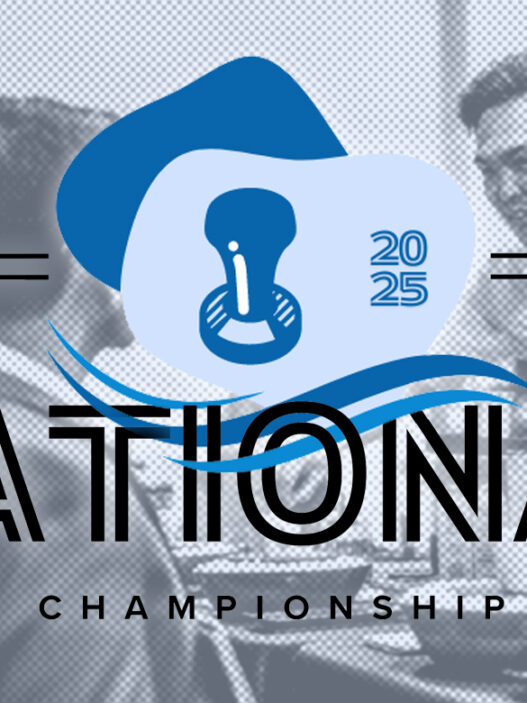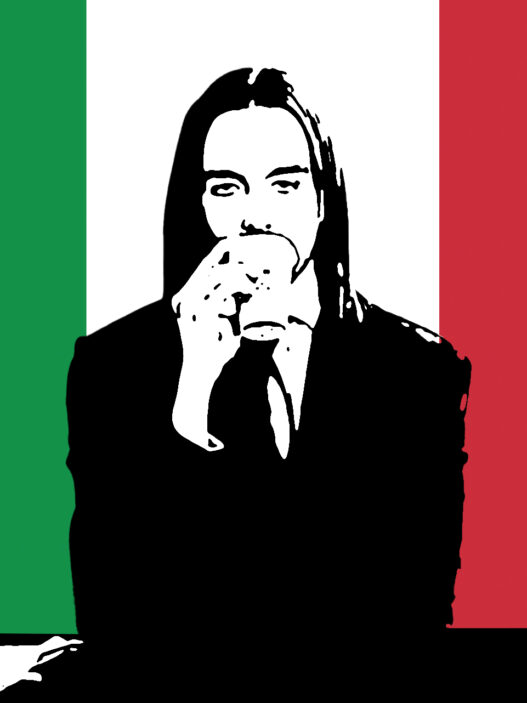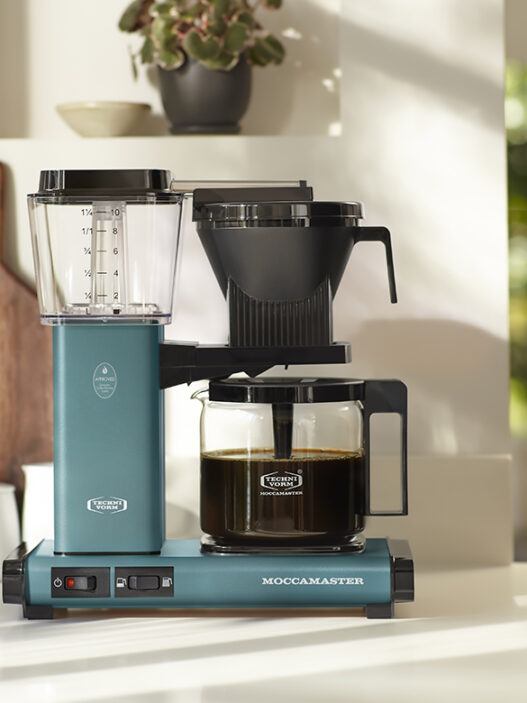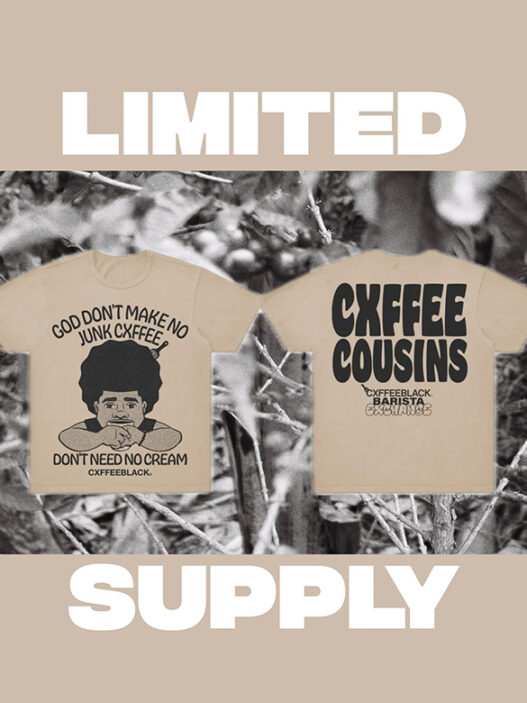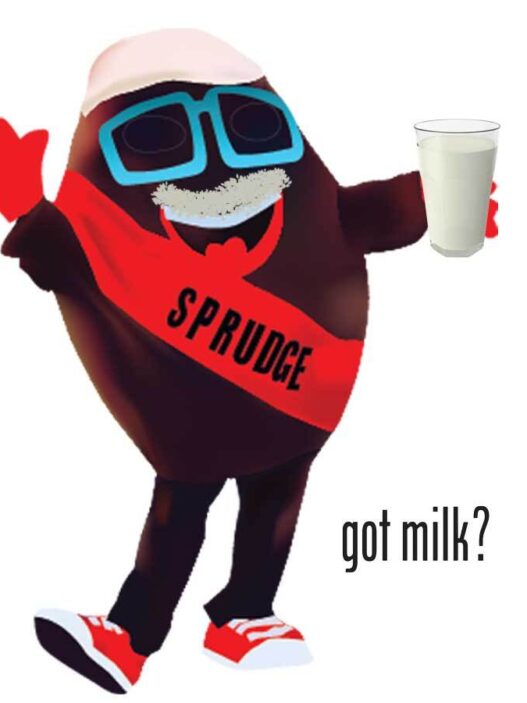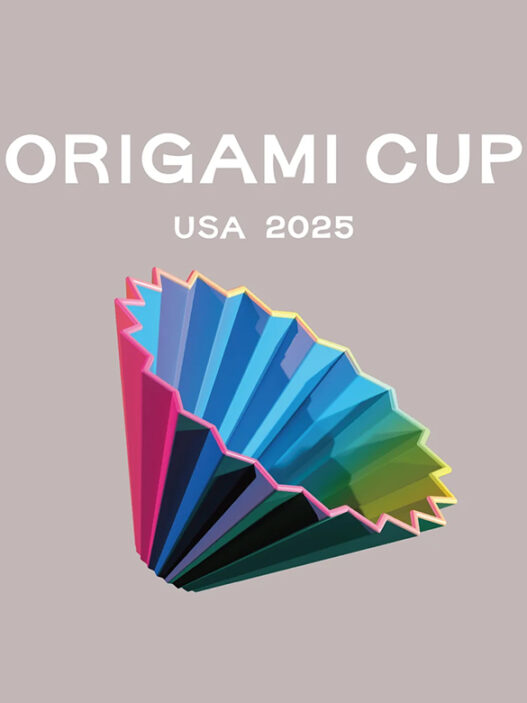This article has been updated below with comments from Fairtrade America.
It’s a post-truth fake news world out there. In a recent article, the Guardian links coffee certification programs, specifically the Rainforest Alliance and UTZ, to Brazilian farms “exploiting” workers. Coffee farms underpaying migrant workers is no doubt a serious issue and highlighting these misgivings is a step toward changing them—this recent ReCo Symposium talk on the coffee labor crisis is but one node to investigate on this topic—but here’s the curious part: the article in the Guardian is sponsored by the Fairtrade Foundation, a competing global coffee certification program.
The article discusses an investigation by Repórter Brasil, published in December 2016, that enumerates several labor infractions by coffee farms in the southeastern state of Minas Gerais. Included in the report are claims of farms employing unregistered workers, paying below minimum wage, not fully paying workers, and not providing mandatory benefits. And the farms named are not without prestige. The two farms listed (or perhaps cherry picked, depending upon your take) in the Guardian piece—Rancho São Benedito and Fazenda Monte Verde—are both Cup of Excellence winners that have been used by well-known roasters like Caffe Vita, Victrola, Portola, and Ritual. Which is to say, these are lauded farms.
But here’s where things get interesting. There was a third farm in the original Repórter Brasil investigation, Pedra Preta, that didn’t make it to the Fairtrade sponsored Guardian article. Its violations include non-payment of workers, improper storage of pesticides, and failure to provide proper training. Pedra Prata has received the Certifica Minas best practice seal, which the report notes is granted by the Minas Gerais state government. So why wasn’t Pedra Prata included in the Guardian piece and Rancho São Benedito and Fazenda Monte Verde were, even though according to the two farms owners their labor infractions have been rectified and there is no such claim from Pedra Prata? I have no idea, but I do know that according to Repórter Brasil’s investigation, both of these farms are Rainforest Alliance certified and Pedra Prata isn’t.
But wait, the plot thickens. The Fairtrade Foundation–the sponsor of this Guardian content–is a part of Fairtrade International, who is named in the Repórter Brasil article. This does get mentioned in the Guardian piece, kind of. The article notes that coffee purchased by Repórter Brasil from the Dona Mariana brand, the name under which Rancho São Benedito roasts, came in packaging with emblazoned with the Fairtrade International logo. Fairtrade states that “the use of its brand was not authorized,” and that “the San Benedito farm had never been certified by them.”
What wasn’t noted in the article, interestingly enough, is that Nestle–who buys coffee from Rancho São Benedito–tells Repórter Brasil, “According to our database, São Benedito is part of a conglomerate of farms certified by Fairtrade within an association of small local producers.”
A cursory amount of digging found the potential association in question. Rancho São Benedito is part of Coopertiva Regional Dos Cafeicultores Do Vale Do Rio Verde (COCARIVE), known in English as the Rio Verde Valle Regional Coffee Producers Cooperative. It’s where Rancho São Benedito’s coffees are processed, bagged, and stored. According to their website, COCARIVE is Fairtrade certified, a fact that is corroborated by Flocert, who is “a global certification and verification body, with the main role of independently certifying Fairtrade products.”
It should be noted that Rancho São Benedito has also been accused of using the UTZ logo even after losing certification. But if you’re going to publish an article where the sponsor is named in an uncharitable light (and where a small amount of research can make that light shine even brighter), it may be worth noting all the information, as opposed to, you know, just ignoring the potentially damning part and hoping your readers don’t bother to click through to the source material.
So what does it all mean? According to Repórter Brasil, “that best practice seals are not necessarily synonymous with good working conditions in the plantations of the products they certify.” But beyond that, it means you need to check to see who is sponsoring what news. In this case, you’re reading an article that is highly critical to the Rainforest Alliance and UTZ that is “supported by” Fairtrade (a full definition of “supported by” content can be found here). The Guardian’s article leaves out any difficult conclusions one might draw about Fairtrade’s role at São Benedito from Repórter Brasil’s original story.
News is a funny thing these days. As we at Sprudge can attest, providing free content necessitates advertising. But advertising on a website and sponsoring specific content—like, say, an article that highlights the negatives of your sponsor’s competitors, while glossing over their own complicity—are two very different things. It’s like The Guardian running an article about how fast food causes obesity, calling out Burger King and Wendy’s, sponsored by McDonald’s.
Exploitation of coffee growers is a deep topic, and depending on how you define “exploitation” there’s a lot of guilt to go around. It doesn’t make for great sponcon. But that didn’t stop the Guardian from cashing the check.
Welcome to 2017, y’all. Time to start fact-checking the fact-checkers.
UPDATE: Following the original publication of this article, Sprudge was contacted by Kyle Freund, Digital Content Manager for Fairtrade America. Freund shared these comments about some of the points made in the above article:
COCARIVE is certified Fairtrade, but they are not a producer organization, they are certified as a trader/manufacturer (Fairtrade checks the entire supply chain, so there are different roles from origin to roaster). They handle coffee from a Fairtrade co-op based in the area, but they also handle coffee from non-Fairtrade farms. Throughout that process, Fairtrade coffee is handled separately.
He continues:
The Fairtrade Foundation spoke with the Guardian about the article, however the Guardian reiterated that the article was independent content, which they clarified in the comments. They responded that if people had concerns they could contact them directly with questions. We’ve also been in touch with Utz and Rainforest folks on it.
Zac Cadwalader is the news editor at Sprudge Media Network.






